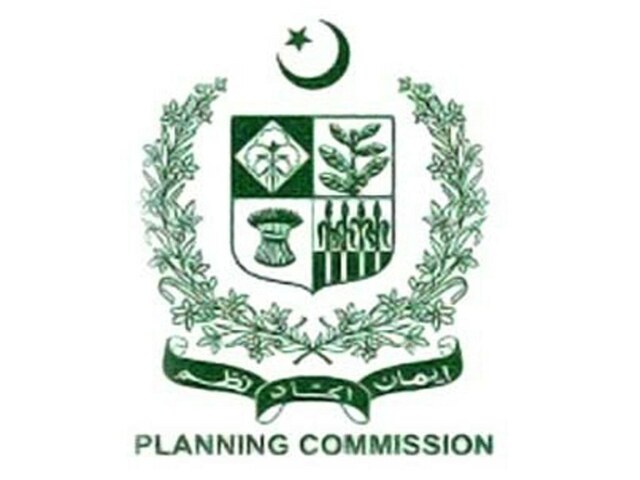The Executive Committee of National Economic Council (ECNEC) has approved the Greater Thal Canal project phase-II. The project is to be constructed with financing from Asian Development Bank (ADB).
The project had been under deliberation for a long time because of the many objections surrounding the project. The biggest concern shared by Sindh was that it believed that water from the Indus River system is not being allocated according to para 2 of Water Apportionment Act (WAA) which contends that if water is allocated to provinces according to the principle set out in para 02 of the WAA, all projects mentioned in the WAA could be implemented. Since para 02 of the Accord is not being implemented, due to shortage of water, Sindh asserts, the construction of GTC could potentially exacerbate water shortages in Sindh.
But now after extensive research IRSA has, certified the water availability for GTC in 2021. Sufficient data, made available by IRSA, suggests that enough water is available within the system, which needs to be harnessed by provinces within their shareholding. Moreover it has been agreed that telemetry systems will be installed to ensure the fair distribution of water.
The Ministry of Water Resources, in collaboration with the Ministry of Science and Technology and its line agency, the Pakistan Council of Research in Water Resources, will monitor the flows in the Chashma – Taunsa – Guddu (including Panjnad) reach of the Indus River forthwith. This should be done by deploying field teams that could include third party until such time that the telemetry instrumentation is in place, fully commissioned and tested. IRSA should bear the cost of this monitoring mechanism.







